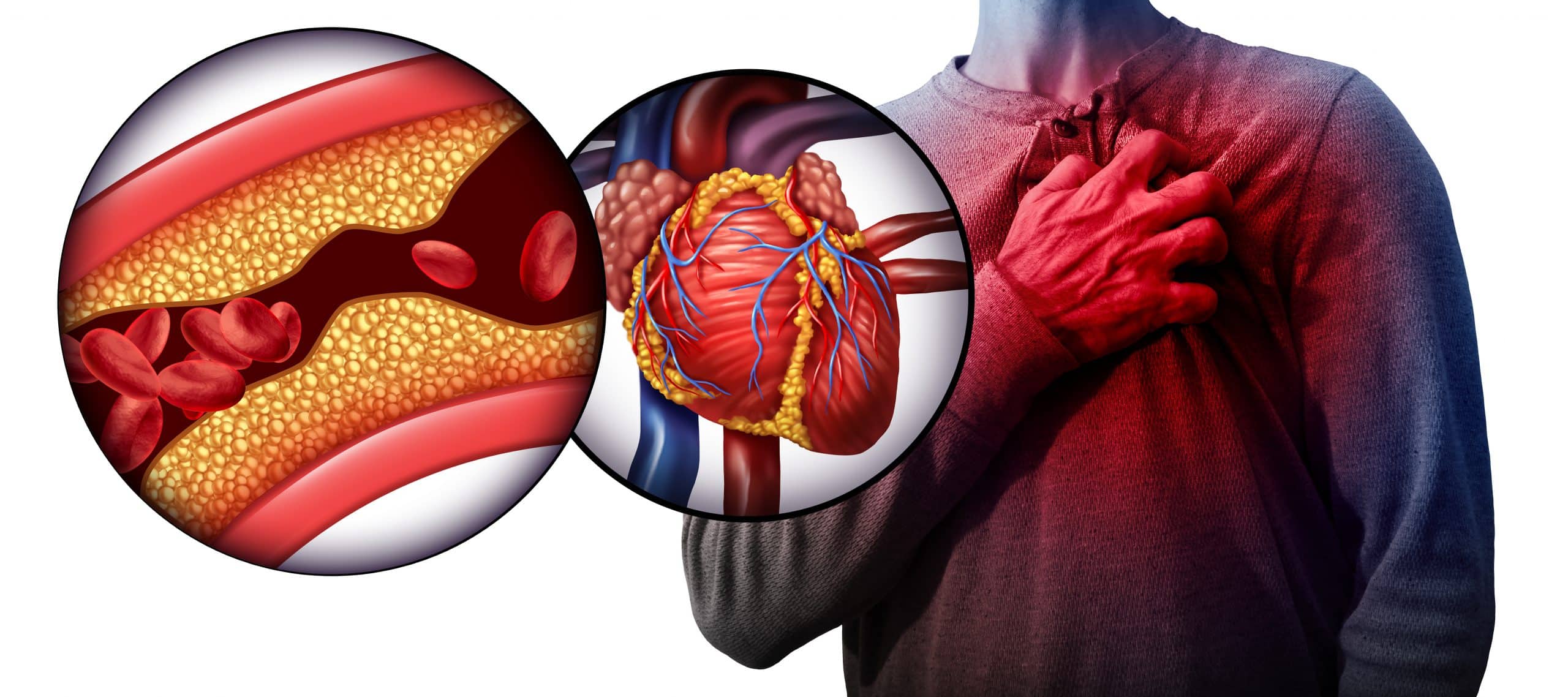10/31/2018
How Breast Cancer Survivors Can Prevent Heart Disease
There is more to celebrate in October than just Halloween and cooler weather. Most importantly, October is Breast Cancer Awareness Month; a time for celebrating all of the brave survivors out there. Surviving breast cancer is an incredible feat. The statistics are positive: The five-year survival rate is 90%, and the average ten-year survival rate is 83%. Outside of skin cancer, breast cancer is the most diagnosed cancer for women. Even better news? If cancer is confined only to the breast, the five-year survival rate is 99%. Even still, approximately 266,000 women will be diagnosed with breast cancer in 2018 (and roughly 2,500 men).
But breast cancer survivors face another unexpected challenge down the line: Heart disease. And some treatments for breast cancer are suspected to harm your heart. So, what are the risks associated with breast cancer treatment?
The Risks of Breast Cancer Treatment
So, how concerned should we be about the cardiac ramifications of breast cancer treatments? There is evidence that certain treatments for breast cancer can weaken the heart muscle, damage heart cells or cause abnormal heart rhythms. Doxorubicin, an anti-cancer chemotherapy drug, has been associated with heart cell damage and weakened heart muscles. This damage can even start a year after therapy and prevent the heart from pumping blood effectively. In extreme circumstances, this leads to congestive heart failure, or CHF. The symptoms of CHF can include:
– Fatigue
– A cough, particularly at night
– Swollen feet
– Trouble breathing with simple tasks (walking, climbing stairs, resting)
So, what is the level of risk? According to one study, chemotherapy induced cardiomyopathy was present in 21% of the 53 patients seen during the first year of the Cardiovascular Prevention in Cancer Survivors clinic. These patients had survived cancer by an average of 14 years post diagnosis and the mean age of the patients was 40. A fourth of the patients had high blood pressure and the study showed an overall high prevalence of risk for cancer survivors to suffer cardiovascular events.
Alternative anti-cancer drugs like Mitoxantrone have been developed in an effort to find a drug that carries less risk for the heart. However, today it is still unclear whether any alternative chemotherapy drugs carry less risk of damaging the heart.

Heart Health for Cancer Survivors
In this scenario, heart risk prevention and awareness are key. Patients diagnosed with breast cancer shouldn’t be discouraged from chemotherapy drugs. Instead, lifestyle choices, genetics and heart function screenings should be utilized after breast cancer treatment.
In this case, improving fitness is one of the most important things that breast cancer survivors can do to reduce their risk of heart disease later in life. Breast cancer survivors should pay extra attention to heart related symptoms like chest pain or palpitations. Keeping a sharp eye on your tolerance for exercise is also important. If physical exertion becomes increasingly difficult, this could also be an important signal that your cardiovascular health is compromised.
Women are also at an overall lower risk of developing heart disease than men, but surviving breast cancer can significantly increase a woman’s risk. To learn more about your risk of cardiovascular disease and the steps you can take to prevent it, visit www.cvgcares.com to schedule an appointment with a professional.



